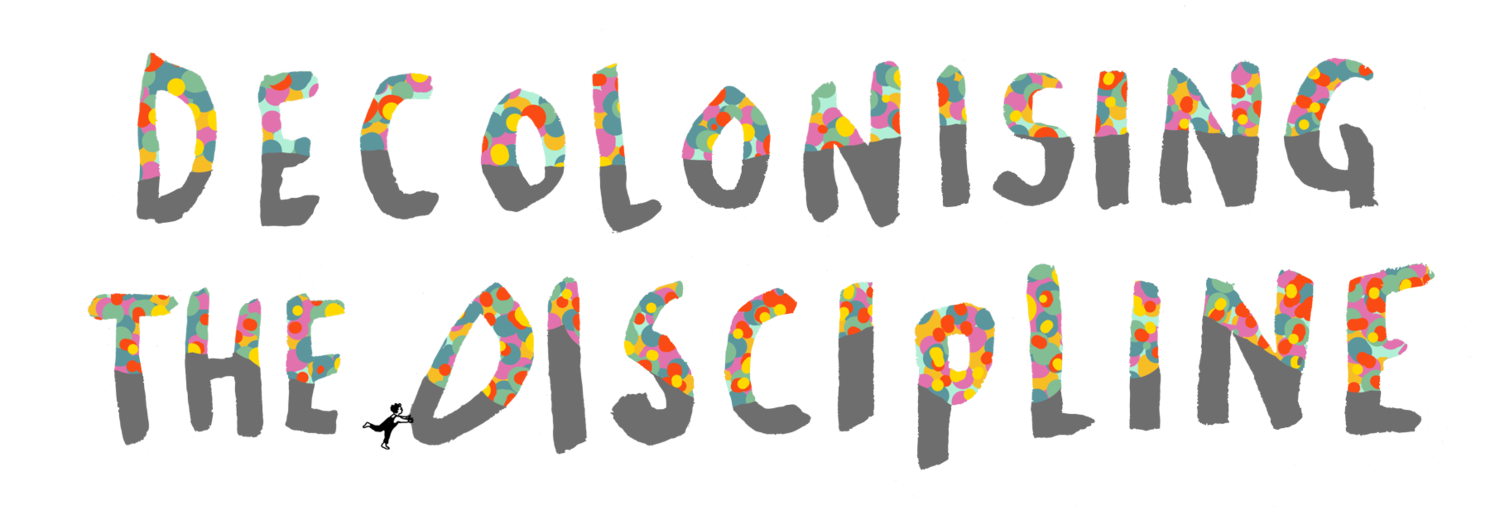Reading lists, toolkits and exhibitions: alternative knowledge production activities to decolonise the libraries.
By Dr Devika Mehra
According to the Reflecting Realities report: CLPE Survey of Ethnic Representation within UK Children’s Literature 2017-2023 (Reflecting Realities report 2023), the number of children’s books published featuring a minority ethnic character has increased from 4% in 2017 to 30% in 2022. While there is a positive change in the diversity of books available to children and young people, one needs to consider whether this transforms into an increase in choices for young readers easily accessible in the libraries. Is the metadata classification in prize catalogues (The White Ravens Catalogue), reading lists and online catalogues inclusive? Are these lists reflective of global and diverse books? These prize catalogues and reading lists often represent the differential power relations that condition what is included and excluded from the lists. Decolonising any library requires constant engagement and negotiation with existing practices of curation and classification, along with the opportunity to integrate new practices. Alternative strategies for knowledge co-production offer many opportunities to increase awareness about diverse books in libraries. Many international and national libraries have used pop-up exhibitions or showcases (Listen To This Story) to highlight diverse texts available in the library that offer a space for engaging with books from different cultures. Toolkits for librarians and teachers also provide alternative and creative approaches to interact with diverse books and authors. Here, participatory research can play a crucial role in providing an alternative mode of knowledge production where children and young people as peer researchers may contribute to ongoing discussions on decolonising libraries. For instance, we have created critical thinking toolkits (Windrush Learning Resource) that were specifically developed based on Black British children's literature archives, reading lists, workshops with children, research collaboration with librarians, and focus on ways of addressing diversity in children's books, co-creating new approaches to studying historical events such as the Windrush and experimenting with alternative modes of knowledge co-production to be used within the educational settings. EDI commitments are vital at all levels of public life for historically under-represented communities, and participatory research can give children and young people some agency to contribute to these discussions.
Dr Devika Mehra is an early career fellow and the 2022 Inclusion, Participation, and Engagement Fellow (School of Advanced Study, University of London) for a research project investigating the role of children's literature archives, children's archive centres and libraries in promoting diversity. She has worked as a postdoctoral research associate on the British Academy-funded project team at Newcastle University that combined two interconnected strands: exploring the importance of Black British children's literature archives and the role of young people's voices in increasing representation in children's prize culture. Her areas of interest include twentieth-century and contemporary children's fiction in global contexts, Indian and global children's cinema, children's publishing in India, children's literature archives and digital humanities methods, and digital texts for children. She has received awards, given public talks and has presented internationally and published in these areas.
